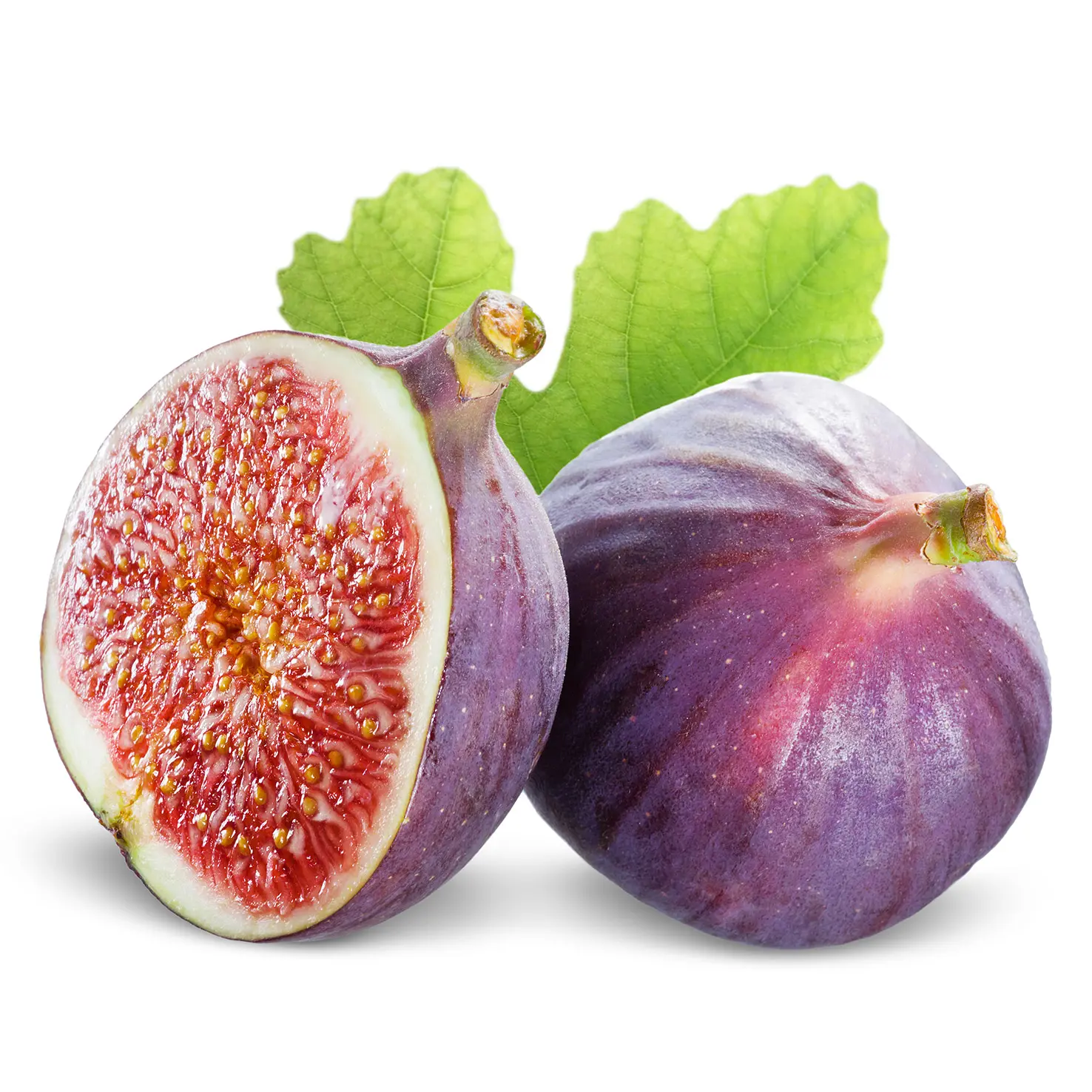
Constipation
Constipation can have many different causes. In most cases there are no physical or disease-related causes.
Digestion
It is a long process for food to pass through the digestive system from ingestion to excretion. The digestive tract has smooth muscles that move the food pulp downwards using rhythmic contractions (peristalsis). The contractions of the intestinal muscles play a significant role in achieving regular bowel movements.
The digestion of food begins in the mouth. Chewing and mixing the food with saliva is the first step in the process of digestion. Then the food is moved through the oesophagus into the stomach, where it is broken down further. The stomach gradually releases its contents into the small intestine. Carbohydrates, proteins, fats and minerals are absorbed by the body and released into the bloodstream, particularly in the upper sections of the small intestine.
The uptake of nutrients into the body and the bloodstream is called absorption. The remaining indigestible components, such as dietary fibre, get mixed with digestive juices from the small intestine, pancreas and gall bladder and then transported into the large intestine. There they are broken down by bacteria and water is removed to form solid waste, which is then excreted through the rectum.
Constipation
Underactivity of the intestines and constipation are among the most common digestive problems of the population in Western industrialised countries. Approximately 15% of adults complain of discomfort during bowel movements, often accompanied by unpleasant symptoms such as bloating or flatulence. These complaints often increase with age. Women are about two to three times more likely than men to suffer from irregular digestion. It is thought that the female hormonal balance has a significant influence on digestive activity during menstruation, menopause and particularly pregnancy.
It is a common belief that having a normal digestive system means having a daily bowel movement. However, this is not true. Normal can be anything from three times a day to three times a week.
Normal bowel movements can be anything from three times a day to three times a week.
Constipation is defined as having a bowel movement fewer than three times per week or if bowel movements are associated with severe discomfort, such as pain and straining when passing stools or a feeling of incomplete emptying. Constipation may be associated with side effects such as wind, bloating, spasmodic gastrointestinal complaints, a loss of appetite or nausea.
Causes of constipation
Constipation can have many different causes. In most cases there are no physical or disease-related causes. In many cases, it is our modern diet and lifestyle that are the cause of the problems. This includes, for example, an unhealthy diet, too little exercise and a stressful and hectic lifestyle. Unfamiliar food and an unfamiliar environment when travelling and the holding back of bowel movements, side effects of medications or special circumstances such as pregnancy can also lead to digestive disorders and constipation.
How to deal with constipation
It is important to establish the causes of digestive disorders and, where possible, eliminate them. Generally, a healthy lifestyle with a healthy diet, sufficient exercise and a harmonious balance between work and leisure can have a positive effect on the well-being of the intestines and thus on digestion. However, there are cases when a change in diet, active relaxation and regular exercise do not help. If they provide no relief or no immediate relief, a well-tolerated laxative can help normalise digestion.
Herbal medicines for constipation
Figs have long been known to promote and aid digestion gently. The natural mucilage, fruit sugar and fruit acid in figs produce soft and lubricated stools. Senna is one of the oldest and most researched laxatives. Considered very safe and well-tolerated by gastroenterologists, senna brings fast and reliable relief for acute constipation. Senna not only stimulates peristalsis but also increases the amount of water in the colon. This increases bulk, which in turn speeds passage through the intestines.As butterbur has antispasmodic properties, it is used for spasmodic gastrointestinal complaints. Bulking agents such as flaxseed and psyllium can be used for mild constipation. In addition to constipation, psyllium can also be used in irritable bowel syndrome. Bulking agents make stools soft and loose. They increase the bulk of stools, which stimulates intestinal activity (peristalsis).
Synthetic medicinal products for constipation
There are a wide range of synthetic laxatives (medicines to treat constipation). In addition to natural hydragogue laxatives, there are also synthetic hydragogue laxatives as well as osmotic laxatives, stool softeners and prokinetic agents. Hydragogue laxatives (such as bisacodyl and sodium picosulfate) keep water in the intestines and promote the influx of water into the intestinal lumen. They also stimulate peristalsis. Because of the retained water, stools are soft and loose, facilitating excretion. Osmotic laxatives (e.g. lactulose and polyethylene glycols) retain water in the intestines, which softens and lubricates stools. Stool softeners such as liquid paraffin work as a lubricant by getting mixed in with stools (stool softening). Prokinetic agents have a stimulating effect on the small intestine and stimulate peristalsis.
Laxatives should be used in the prescribed dose and for existing complaints. In the event of persistent constipation, a medical specialist should be consulted.
Tips for taking care of your bowels
- The most important factor in the diet is sufficient consumption of dietary fibre. This refers to indigestible food ingredients that, with sufficient fluid intake, stimulate the bowels and generate smooth, voluminous stools. Dietary fibre can be found in plant-based foods.
- Drink at least 2 litres of liquid per day, preferably distributed across the day and particularly with meals, so the dietary fibre can soak. Mineral water and unsweetened fruit juices as well as herbal teas are particularly suitable.
- Make sure you exercise every day. You do not have to take part in competitive sports; there are numerous other ways to integrate exercise into your daily life. Use your bicycle instead of your car, use the stairs instead of the elevator or get off the bus one stop early and walk the rest of the way – these are just a few examples.
- Stress cannot only cause mental blocks but also disrupt your bowel movements. Relaxation techniques such as yoga, qigong or simple breathing exercises help to reduce stress hormones and relax the bowels. Do not suppress the urge to empty the bowels. It is recommended to go to the toilet at the same time every day, so your digestive system can settle into a regular rhythm.






